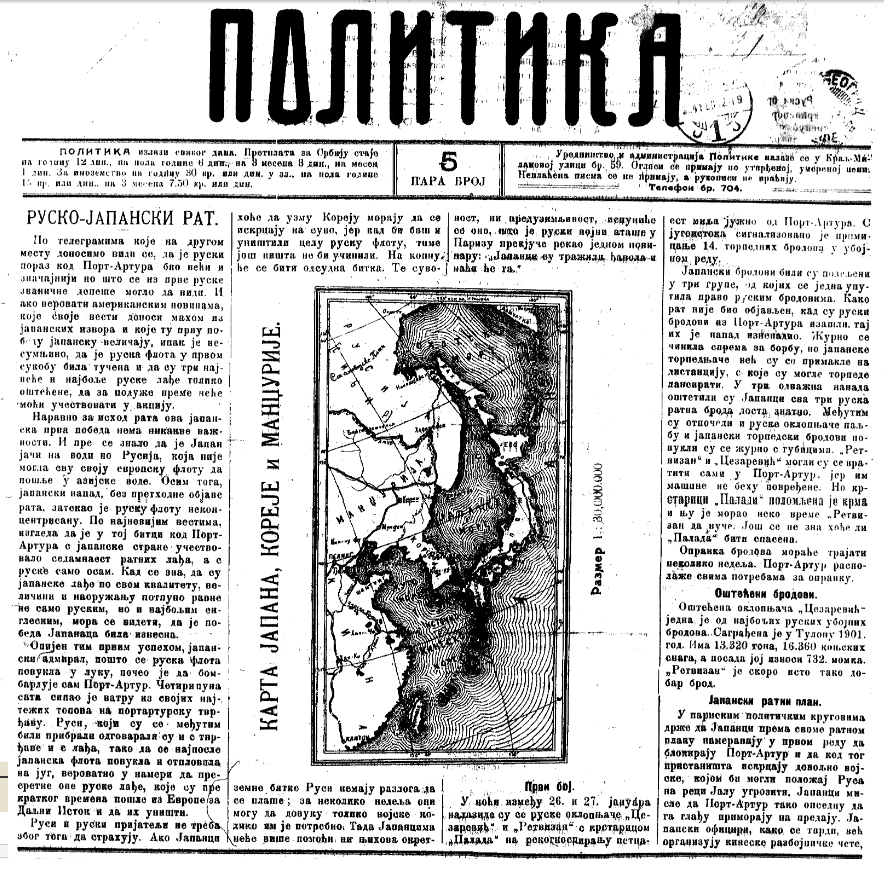Original article (in Serbian) was published on 05/10/2022
Web portals Nova S, Srbin.info, Webtribune and Rekreativno reported that Russia had declared mobilisation only twice before 2022, during the First and Second World Wars. Russia indeed mobilised its army during the mentioned two wars, but mobilisation also took place during the Russo-Japanese War, which was fought from 1904 to 1905 for supremacy over Manchuria and Korea.
Recently, one of the world’s and domestic media’s main news was the declaration of “partial mobilisation” in Russia, announced by its president Vladimir Putin. In his speech, Putin emphasised that it is a “partial” and not a “general” mobilisation, which means that it refers to reservists, that is, to citizens who have already served military service.

Mobilisation during the Russo-Japanese War
Josh Sanborn, in his work on mobilisation from the beginning of the First World War, mentions that there were nine partial mobilisations during the Russo-Japanese War.
Historian John Westwood, in his book, “Russia against Japan 1904-05, a New Look at the Russo-Japanese War”, writes how the Russians gathered about 1,000,000 people in the Far East during the war and that out of the five army corps sent to the East three were composed of reserve divisions.
“From the beginning, the Russian Ministry of War viewed the Russo-Japanese war as a minor war that did not justify general mobilisation. At the same time, due to the need to guard the western borders and the predicted riots (especially in Poland), it was accepted that the best troops were kept in the western border areas. The raising of new troops without disrupting the existing general mobilisation plan was achieved by successive partial mobilisations”, Westwood’s book reveals.
Prayers in Belgrade
In 1904, the newly founded Belgrade’s Politika closely followed the Russo-Japanese War. In issue 15 (January 26, according to the Julian calendar), “Politika” writes that Russia has 390,000 soldiers in the Far East, as well as that General (Aleksey) Kuropatkin announces to send another 110,000 soldiers, a total of half a million. Eight days later, Politika writes that “military trains to Manchuria with troops and war equipment pass by day and night on the Siberian railway. An English officer counted 44 passenger trains between Moscow and Mukden (A/N Shenyang.)”.
In the context of the current war in Ukraine, it is interesting that on January 18, 1904, a “prayer in the Cathedral Church for the victory of Russian weapons” was held in Belgrade, which, according to Politika, was attended by Crown Prince Djordje with his first aide-de-camp, ministers, gymnasium professors, officials, traders and many others. They gathered, as Politika’s journalist states, “because the entire Serbian people want Russia to defeat its enemy as soon as possible completely”.



